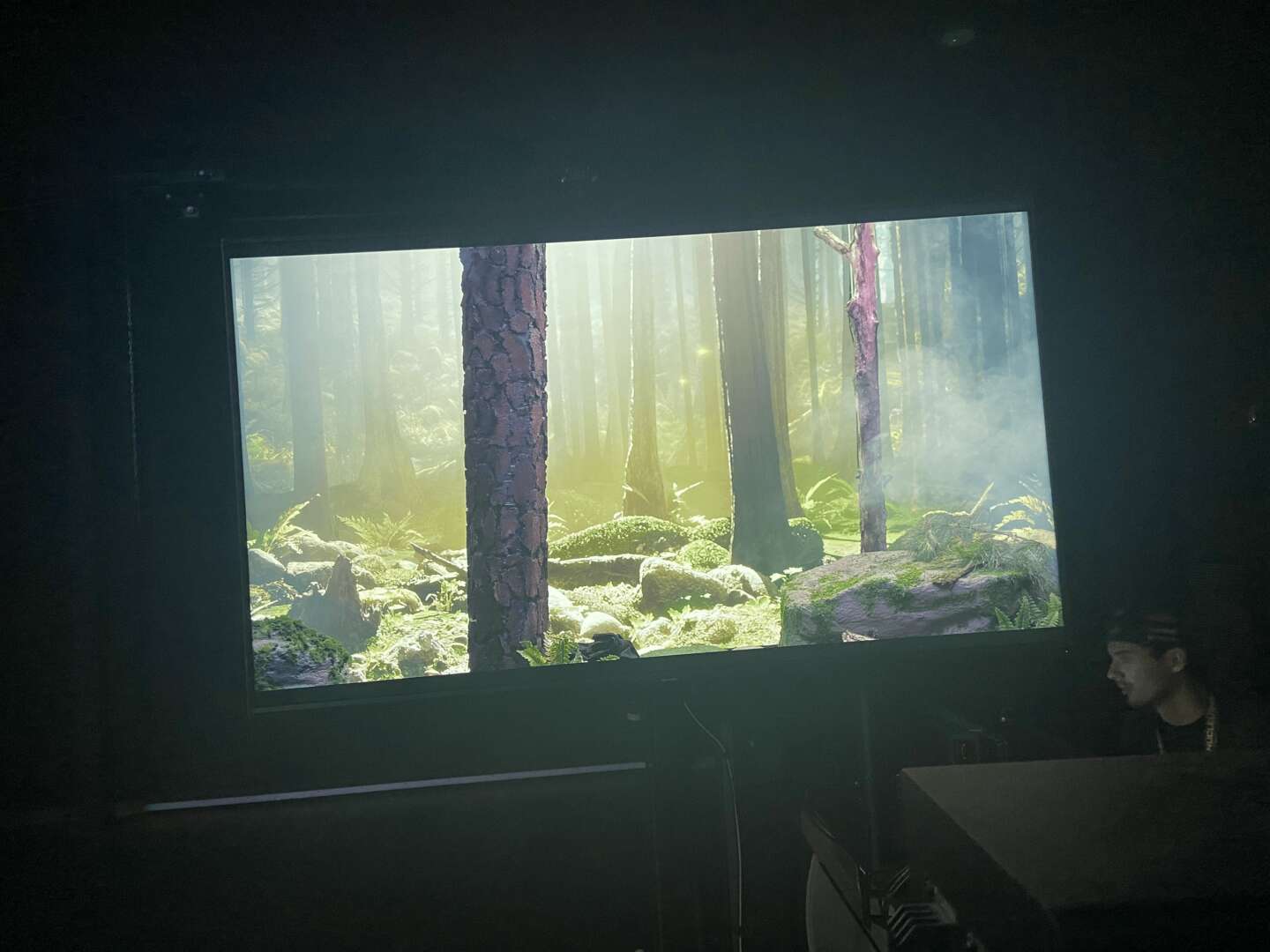We recently connected with Gretchen Fix and have shared our conversation below.
Gretchen, looking forward to hearing all of your stories today. Learning the craft is often a unique journey from every creative – we’d love to hear about your journey and if knowing what you know now, you would have done anything differently to speed up the learning process.
Most of my learning has been simply through doing. That, however, makes it really hard to get started on something new. If you have no experience with something, it’s really intimidating to jump in and try to gain the experience. And that is assuming someone takes a chance on you and gives you an opportunity.
Everyone says you have to say “yes” to every opportunity, so I hate to repeat old news, but it’s true. In the creative community today, any opportunity could lead you in a multitude of directions. It’s important to grab any chance you get and hold on — learn as much as you can, even if it seems out of your wheelhouse — you have no idea where it could take you.

Awesome – so before we get into the rest of our questions, can you briefly introduce yourself to our readers.
I’m still very new in my field. The last time I was here, I had been just starting out at SCAD. I’ve recently graduated, and I’ve come a long way. My primary interest and experience is in set design for the XR Stage. I’m fascinated by the combination of virtual and physical set design and have spent a lot of time on the SCAD Savannah XR Stage learning both how to build virtual realms in UnReal Engine and how to texturize real-world sets in a way that melds well on camera.
I also gained significantly more experience on the live performace stage in management. Through SCAD I was given the opportunity to stage manage a graduate thesis performance of Diana Son’s “Stop Kiss”, and later SCAD’s showing of Broadway’s “Little Shop of Horrors”.
I have now worked on a plethora of short films ranging from 4 to 30 minutes in length, managing varying budgets from $2,000 to $120,000. I have been given opportunities to work as Production Designer, Costume Designer, Grip, Gaffer, Producer, Director, Stage Manager, Assistant Stage Manager, and more. In each role, I have learned more than I could have ever hoped and have worked with incredible creatives — both fellow students and professionals.
Through my time, I found my niche in PD on the XR Stage and in Stage Management, but I have learned never to turn down an opportunity when it knocks.
Is there a particular goal or mission driving your creative journey?
I want to make professional creative spaces safe and inclusive for all. On a smaller scale, I have worked to make sure that every member of my department is heard and feels cared for. I’ve strived to ensure that voices are heard so that our collaborative efforts bring about the absolute best version of the stories we want to share.
As I move into the professional world, I hope to continue to do the same. At any level that I am involved, I hope those around me feel welcomed and supported. I hope that our working lives can still be enjoyable and that we can create and share stories that we are all truly proud of.

Learning and unlearning are both critical parts of growth – can you share a story of a time when you had to unlearn a lesson?
You cannot do everything yourself, and you can’t do it all at the same time. I am a firm believer that you should learn as much as you can and that everyone should help everyone. That said, I was recently taught the importance of stepping away and taking care of yourself.
While stage managing “Little Shop of Horrors”, I was given the opportunity to be mentored by a truly incredible Broadway stage manager. I won’t share her name, because I’m not sure if she’d be okay with that, but she gave me a ton of incredibly helpful tips and tricks. The one that really stuck with me though, was the importance of taking breaks. She told me to actually step away during our quick 15 minute breaks — that they were for everyone, no matter their position.
Taking that time, and letting myself unwind for a minute rather than working through my breaks as I was used to, did wonders for my mental health. And it improved my performance, too. So, when you worry about a break messing with your workflow — know that allowing yourself to rest actually just helps you refocus.
Contact Info:
- Website: https://fixypd.my.canva.site/gmf-portfolio
- Linkedin: https://www.linkedin.com/in/gretchen-fix-7a5801268

Image Credits
Ally Nelson, AJ Kang, Gretchen Fix


